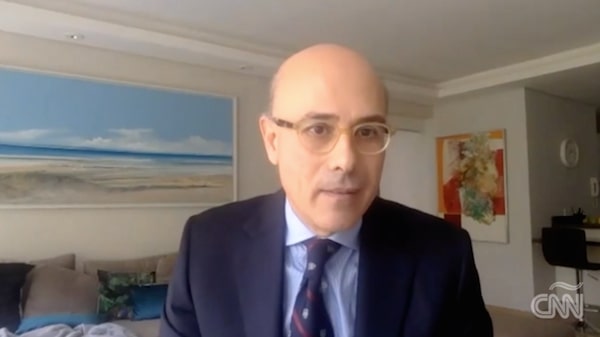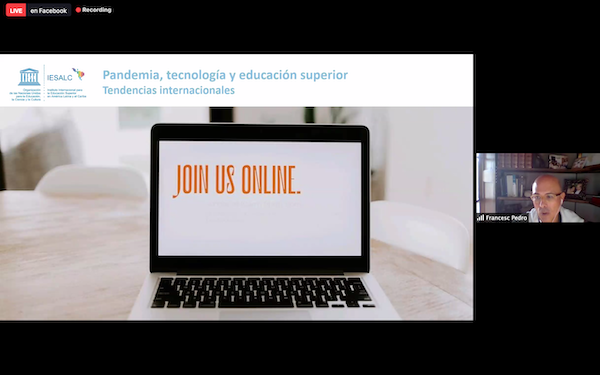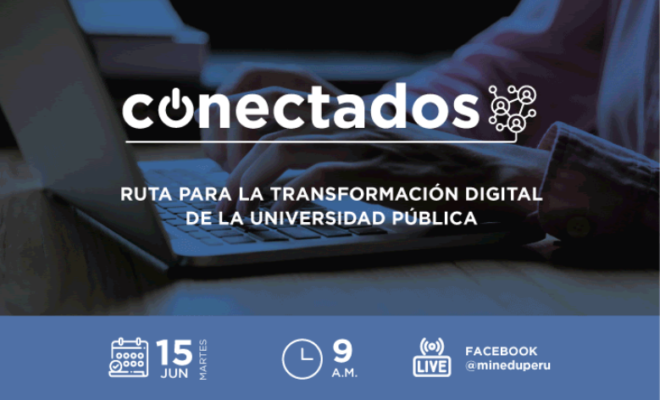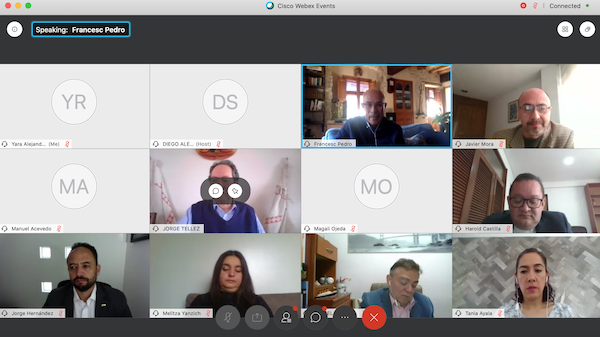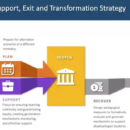Webinar Emancipatory Human Rights and Higher Education
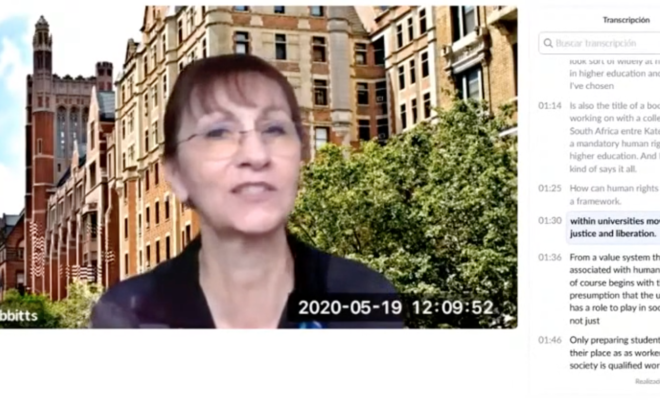
What can a human rights framework grounded in liberation and justice offer higher education ways of working and teaching practices? How does the human rights imagination and universities intersect with other transformation approaches such as social justice, decolonization, anti-racism, transitional justice, and inclusion and diversity?
These are some of the questions posed by Felisa Tibbits, UNESCO Chair in Human Rights and Higher Education in Utrecht University (Netherlands), for the webinar Emancipatory Human Rights and Higher Education, an invitation to explore these questions “even more pressing as higher educations institutions are called the public good in a post coronavirus world”.
During the webinar, which took place on May 21st on the IESALC web site at 12 EST, Tibbits said: “it’s not only preparing students to take their place as qualified workers in society but also as citizens and individuals engaged with the constant and dynamic reformation of societies towards a vision that would reflect the values of human rights”. For her “the importance of non-discrimination is a solid principle of human rights and applies to all levels of education”.
In order to explain high quality in education, Tibbits applied the frames for quality education that were developed by the first UN Special Rapporteur on the right to education, Katarina Tomasevski: availability, accessibility, acceptability, and adaptability. In this respect, the “right to education in higher education is progressive in the sense that education should be affordable and governments and their institutions are expected to respect and fulfill these rights as best they can, improving as the time passes”. That is why “governments have the obligation to respect, protect and fulfill human rights to education. As they should make sure that the right to education is not prevented or impede in any way”.
About Felisa Tibbits
Felisa Tibbitts is a lecturer in the International Education Development Program at Teachers College, Columbia University, and Chair in Human Rights Education in the Department of Law, Economics, and Governance at Utrecht University. Her research interests include peace, human rights, and democratic citizenship education; curriculum policy and reform; critical pedagogy; and education and social movements. She was a Fulbright Fellow at Lund University, Sweden (Fall 2014), and a Human Rights Fellow at the Kennedy School of Government, Harvard University (2011-2013).
Emancipatory Human Rights and Higher Education Webinar
Presented by: Felisa Tibbitts
When: Thursday, May 21, 2020
Time: 12:00h U.S. (EST Time)
Where: www.iesalc.unesco.org
Language: English
Timetables by country (please note that some hours may change according to the time of the year):
10:00 Costa Rica, El Salvador, Guatemala, Honduras, Mexico, Nicaragua
11:00 Colombia, Ecuador, Jamaica, Peru
12:00 Bolivia, Chile, Cuba, U.S. (EST Time), Puerto Rico, Dominican Republic, Venezuela
13:00 Argentina, Brazil, Surinam, Uruguay
18:00 Spain, France, The Netherlands
RELATED ITEMS
